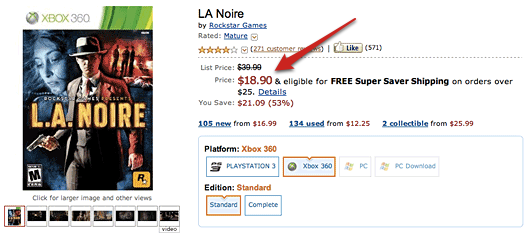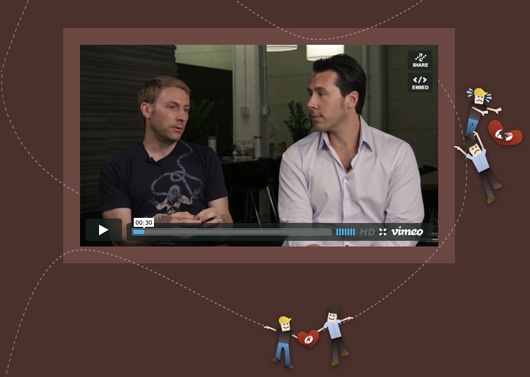A few years ago at one of our annual company meetups, the topic of options/equity came up. We’ve never had an options/equity program, but some employees were wondering if we could explore the idea.
So David and I started thinking about it. We consulted some other business owners, Jeff Bezos (our sole investor), and our accountants and lawyers. We wanted to get a pretty full picture of the implications of an equity program.
The more people we talked to, the more complex it started to sound. The complexity was both psychological (company dynamics) and economic (options/equity doesn’t really mesh well with an LLC corporate structure). And since we have no intention of selling 37signals or going public – the two scenarios where options/equity really make sense – the complexity became too hard to justify.
However, we were determined to come up with another way so everyone could participate in the unlikely event of a sale or IPO. You never know, so we wanted to have a system in place just in case.
Some of the considerations included:
- It needs to be simple to administer. The closer we could get to zero administration, the better.
- It should be easy to understand and explain.
- It should reward current employees. This was about who was at the company at the time of a sale/IPO, not people who worked here years ago.
- It should reward seniority. The longer you’ve been here the more you would participate in the upside.
- The plan would be consistent from day one until the last day. Some companies grant lots of options in the early days and then barely trickle them out later. We wanted the same opportunity for all new employees forever.
- We didn’t want to discriminate by position. Every employee, no matter the position, participates in the same way.
There were other considerations as well, but those were the key things we kept in mind as we developed the program.
Here’s what we came up with in the event of a sale or IPO:
- At least 5% of the ultimate sale price (or, in the case of an IPO, the fair market value of the capital stock) would be set aside for an employee bonus pool.
- Each current employee will be credited with one unit for every full year they’ve worked at 37signals, starting after the first full year. The maximum amount of units one person could earn would be five units. So if you worked at 37signals for two years you’d get two units. Three-and-a-half years, three units. Four years, four units. Five years, five units. Seven years, five units. Etc.
- We would divide the total employee bonus pool dollar amount by the total number of units held by all employees. This would determine the unit value.
- Each person would receive the unit value multiplied by their units.
We’re pretty happy with how this turned out. We think it’s a simple, clear, and fair system. And it’s a great alternative to the organizational complexity of option grants, acceleration, strike prices, conversion into shares, private markets vs. public markets, dilution by outside parties, partial vesting, etc.
One other thing: We treat this entire idea purely as a bonus in the unlikely event of a future sale/IPO. We don’t even discuss it with new hires. It’s not part of the overall compensation package (we don’t pay a smaller salary and try to make it up for it with this program). I wouldn’t be surprised if many employees have forgotten about it or don’t even know about it at all.







